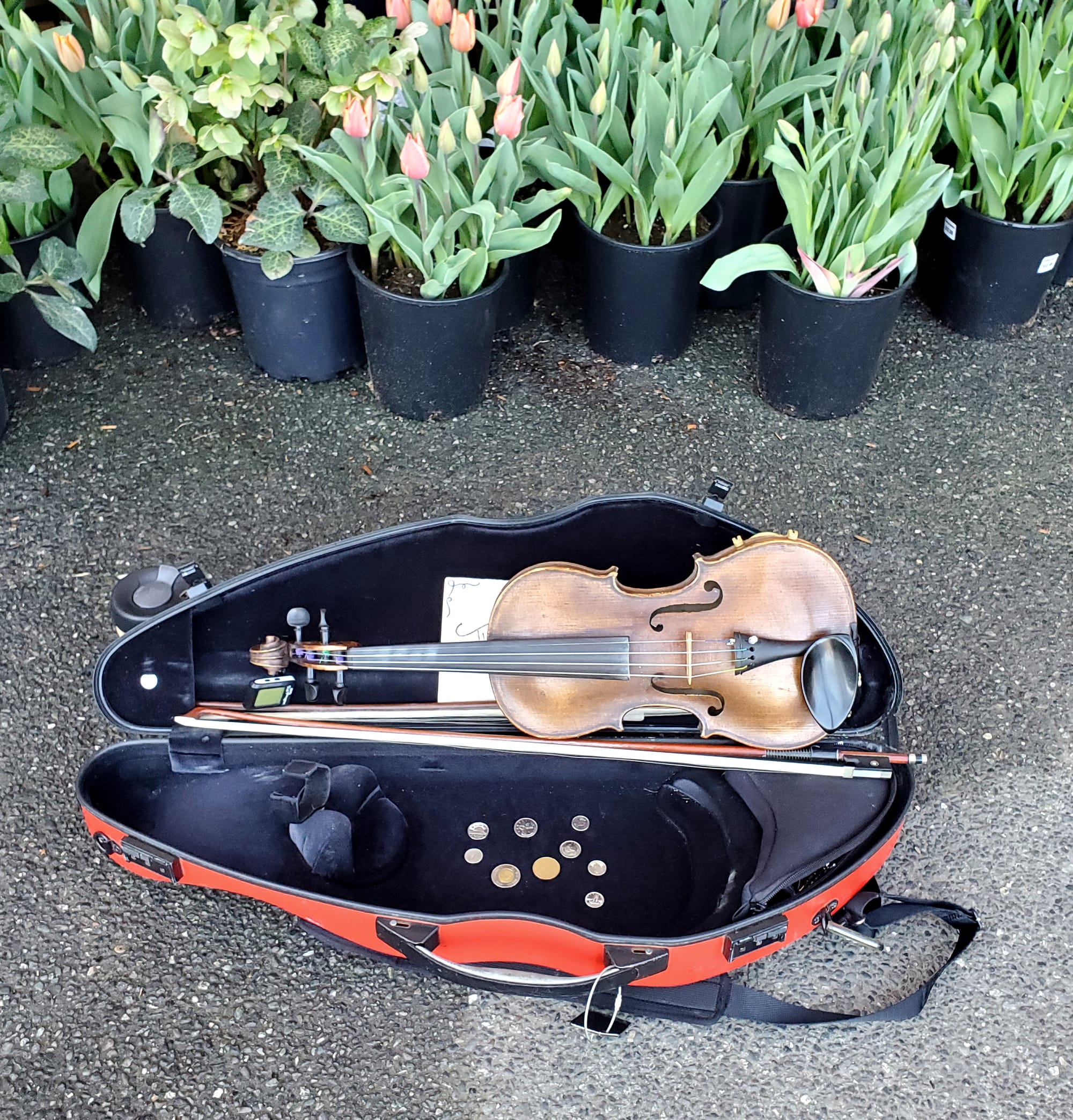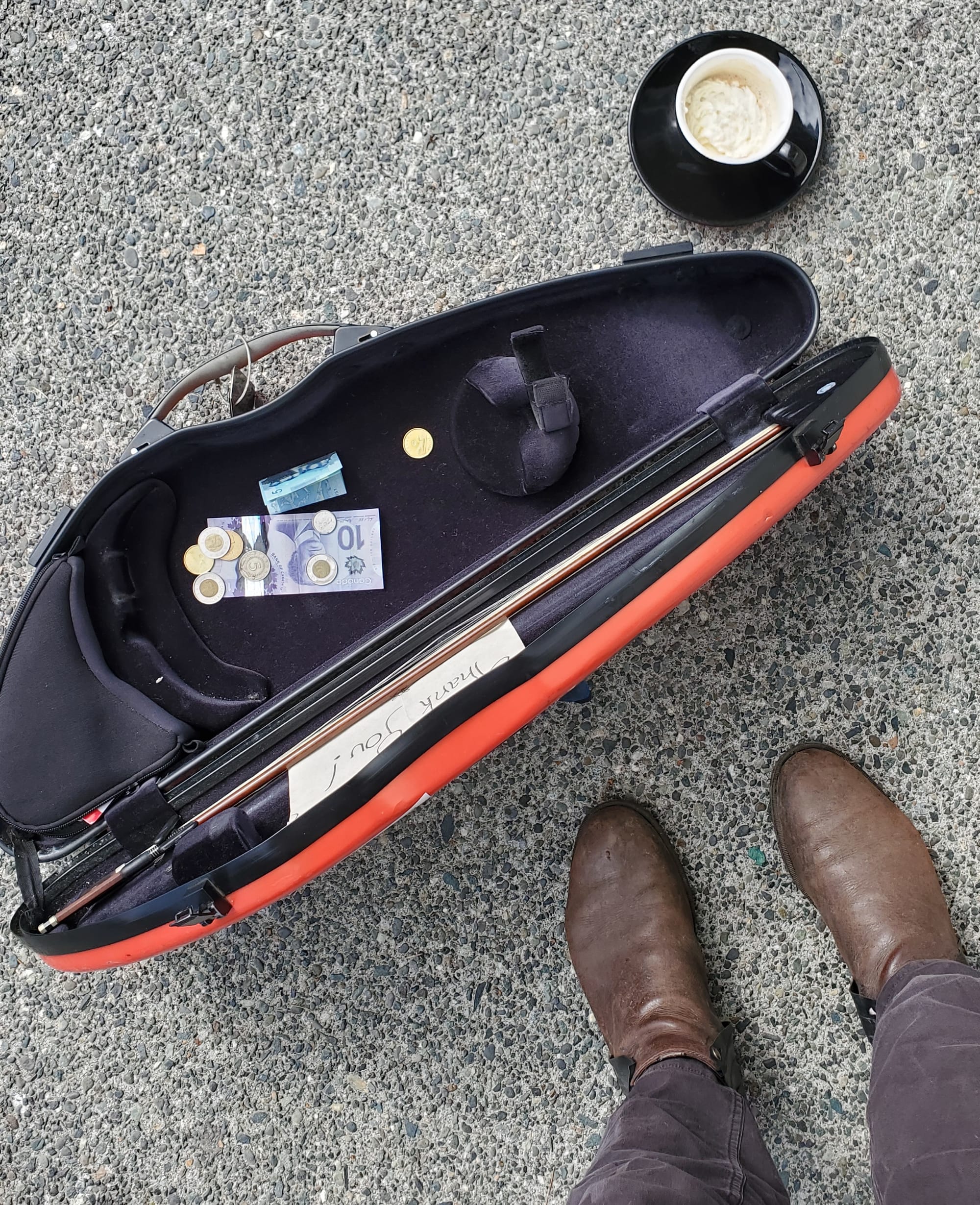The One-Hour Principle

I play the violin. I started when I was about six, but didn’t get serious until I was nine, when my parents gave me a new instrument as a birthday gift that was sized for my hands, and wasn’t a hand-me-down from my older brother. I was very excited, and worked hard to get good enough to join the family Celtic band, eventually gaining a toe-hold and performing with my siblings and father at local events, markets, and dances.
I love the instrument, and still play it almost every day. But it can also be tricky. The violin is a hard instrument to play well, and man, if you’re out of practice, things can get screechy. Sometimes I think I’m pretty decent, and other times I think I suck. Occasionally, when I haven’t played for a while and have fallen out of practice, and pick it up, I’ve been really discouraged, and my inner monologue has started promoting the terrible idea of quitting.
But I’ve noticed that these thoughts go away once I’ve gotten back into practice — as long as I don’t let myself get discouraged and stop before that happens. As a result of these observations, I've developed the One-Hour Principle.
What is it? Simply that I don’t let myself come to a critical or discouraged evaluation of my skill/work in a certain area until I’ve been working on it, focussedly, for at least an hour. I find this is generally long enough to get into the flow, iron out the wrinkles, and give a much more accurate impression of where I’m actually at than when I pick up something, immediately come to the conclusion that I suck, and decide to quit.
One example of this is when I’m out busking. Often it will take a while to get rolling. At the beginning, I sometimes feel stupid. Sometimes nobody puts any tips in for the first bit. At this point, my internal monologue often comes up with other things for me to go and do, instead of standing there playing music, feeling stupid, and not making any money. Luckily, I’ve had enough practice to become an expert at ignoring this bad advice. My policy: stick with it for an hour, and then decide. And it works. Time and time again. I get into the flow, people show up, they enjoy the music. It’s fun. I’m glad to be there.

My violin is a bit like a mirror. It seems to amplify and reflect back the effort I put into it. When I put in a good chunk of time each day, my playing progresses, the instrument sounds good, and I can make pretty good money performing on the street. And, most importantly, it’s fun. When I don’t put in the effort to practice, it’s quite a different story.
